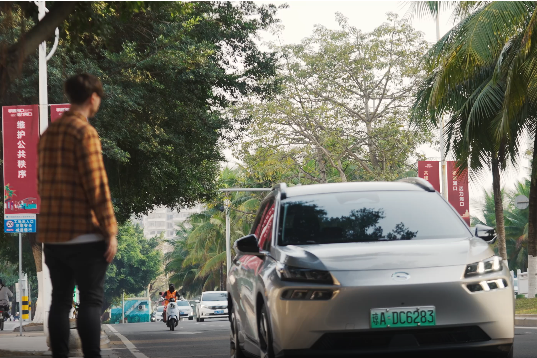Central SOEs to enhance production capacity cooperation


The proportion of production capacity cooperation conducted by China's centrally-administered State-owned enterprises will be raised in their business categories to develop markets related to the Belt and Road Initiative in the long run, a senior State asset regulator said on Tuesday.
Though energy and infrastructure development still account for a major part of the operations for SOEs working in economies related to the initiative, they will transfer more technologies and practical service solutions to partners to pursue win-win and sustainable growth, said Weng Jieming, vice-chairman of the State-owned Assets Supervision and Administration Commission of the State Council.
"As many parts of the world are facing challenges created by protectionism and isolationism, the SOEs will expand their collaboration with capable global companies and domestic private companies to form commercial groups to develop overseas markets," he said.
Official data released by the SASAC showed that centrally-administered SOEs own 10,791 subsidiaries in 185 countries and regions with total assets exceeding 7 trillion yuan ($1 trillion), by the end of 2017. They gained 4.7 trillion yuan in sales revenue and 106.4 billion yuan profit last year.
Weng said SOEs have undertaken 3,116 projects in sectors such as railway and building infrastructure, airport development, telecommunication, shipping and power generation in markets involved in the Belt and Road Initiative since 2013.
SOE executives said from a global perspective, regional connectivity and production capacity cooperation have become the biggest highlight of the initiative-related projects including the high-speed railway project in Indonesia, the expansion project of Piraeus Port in Greece and the fast development of the China-Pakistan Economic Corridor.
Lou Qiliang, vice-president of China Railway Rolling Stock Corp, the nation's manufacturer of locomotives and rolling stock, said the group has seen its foreign employee numbers grow from 509 in 2013 to over 4,700 in 2017 throughout the world, thanks to the tangible growth brought by the Belt and Road Initiative.
"CRRC will continue to invest in suitable countries to deepen production capacity cooperation as we have already built manufacturing facilities in countries such as the United States, Australia, South Africa, India and Turkey," he said.
Yu Zenggang, deputy-general manager of China COSCO Shipping Co, the nation's largest shipping group by fleet size, said the company currently is building a large container yard station in the United Arab Emirates.
It will be helpful for China and partner countries to further increase trade and economic exchanges, as well as boost the job market via enhanced production capacity cooperation in economies related to the initiative.




